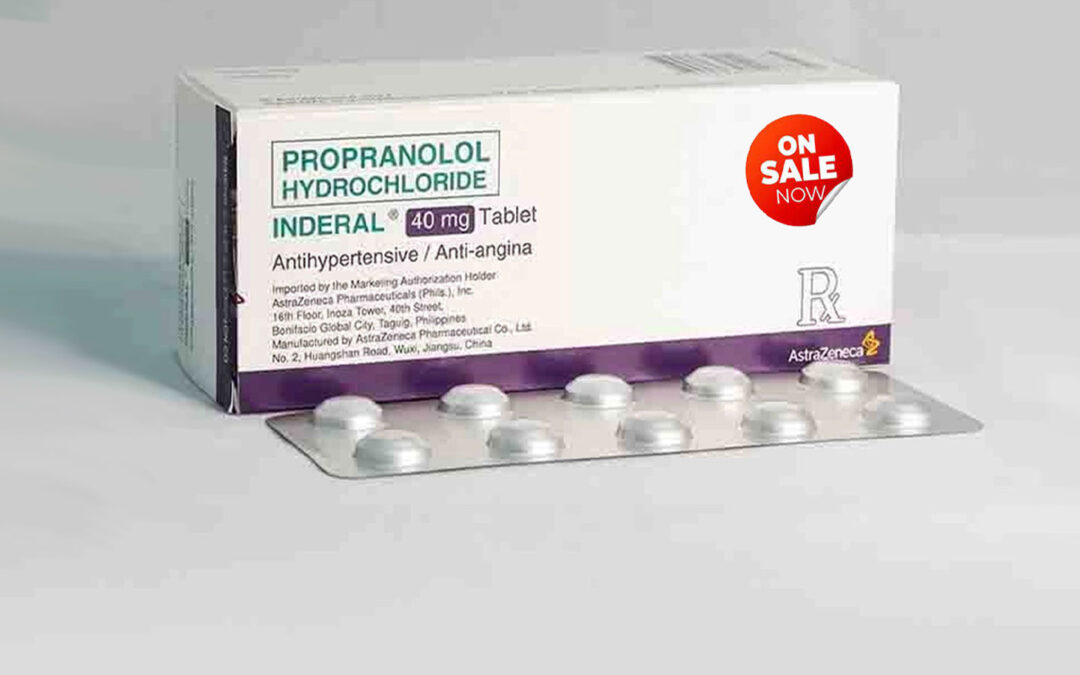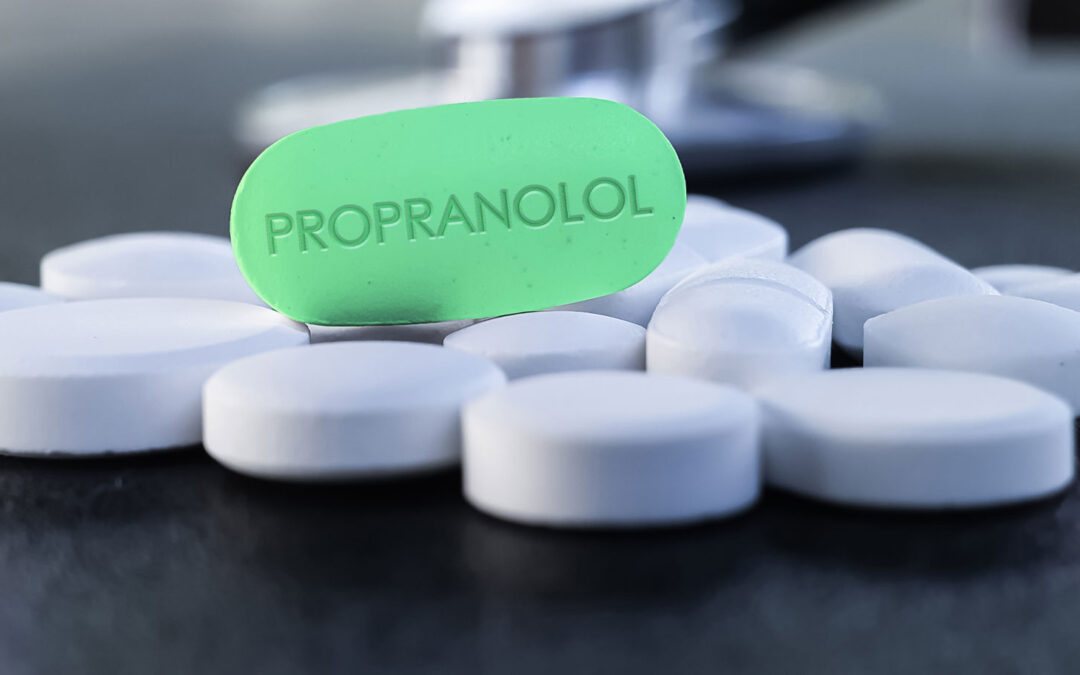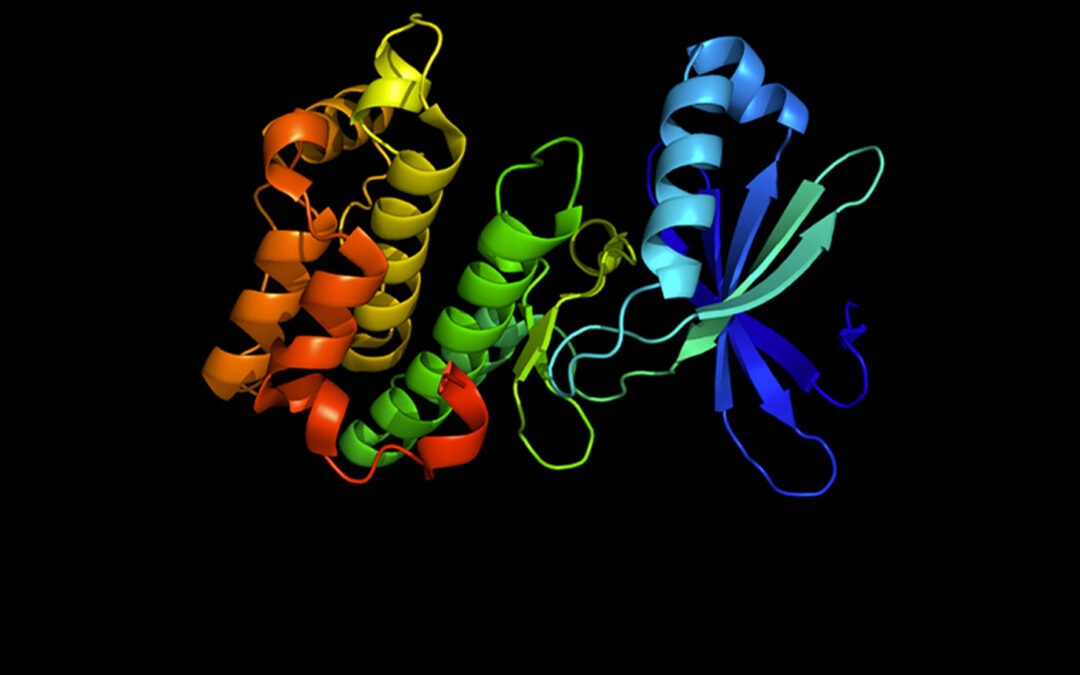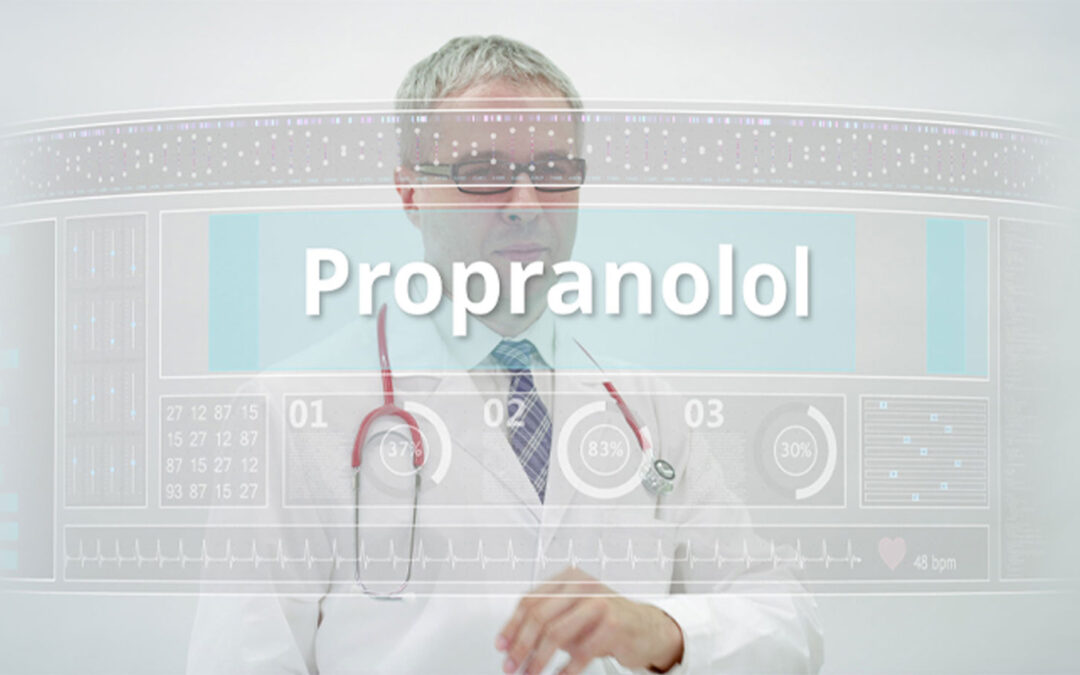I’m not a doctor, but I’m sure that if you were to take a pill that would help you with your PTSD, it would be Propranolol.
Propranolol a noradrenergic beta-receptor blocker which has been clinically proven to be a re-consolidation blocker that can reduce or eliminate the symptoms of Post-traumatic Stress Disorder (PTSD).
Propranolol can eliminate specific PTSD symptoms, including intrusive thoughts, hyperarousal, flashbacks, nightmares, and sleep disturbances, changes in memory and concentration, and startle responses. These symptoms of PTSD are hypothesized to be reengraved into the memory through a normal memory process of consolidation.
Memories of PTSD remain intense, bleeding into the present and ruining the future. Normal embarrassing and painful memories fade with time. Emotional experiences, both positive and negative, trigger the release of the stress hormone adrenaline which makes us alert, ready to fight, flee or enjoy. We often forget what upsets us, but adrenaline helps burn the details of intense experiences into our long-term memory.
This memory reconsolidation process requires “Protein kinase a” (PKA) for the emotional component of the trauma to maintain its connection the event itself. Propranolol affects the way the brain encodes and consolidates memories of the event. Propranolol which is highly available on the market blocks the activity of the adrenaline and norepinephrine hormones. This simple effective drug also blocks the protein kinase a (PKA) and reduces &/or eliminates the emotional component of the traumatic memory.
This therapeutic technique allows the memory to be saved without the traumatic physical symptom reactions the body once had. Propranolol has the highest success when the event is recalled and the emotional component activated. During the 6-session protocol we review the event, not relive the event.
If the brain is confused in the right way there will be a phase in which the memory is consolidated again, but if the original traumatic memory is prevented, the emotional part of the memory is weakened. Treatments of this type must combine elements of exposure therapy, which reactivates trauma memory by placing it in an unstable state that requires reconsolidation, and the additional component of propranolol, which interrupts the reconsolidation process before it can reconnect the trauma to the event memory.
PTSD, Reconsolidation, Therapy, Trauma, Propranolol, Post-traumatic stress disorder





0 Comments